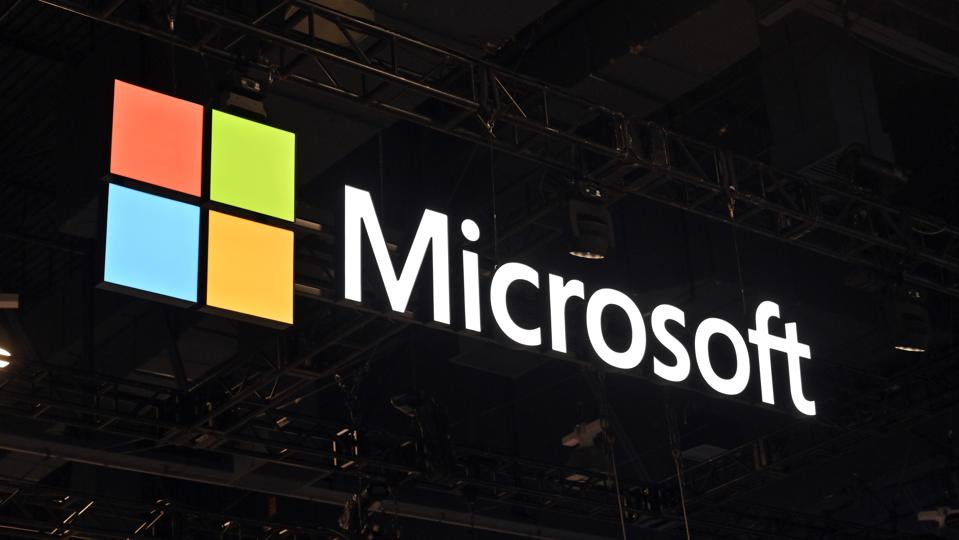Back when the Xbox 360 launched, Microsoft pushed the big budget game as a differentiator. Following all the recent layoffs, it’s clear this strategy has run its course.
I’ve been warning about the dangers of big and unsustainable budgets in gaming since 2015. The recent industry-wide layoffs are very much a result of that strategy failing.
This is because unlike in the 80s and 90s, games no longer take a few weeks or months to make. Big games can take years to develop, with the average cycle being around 7-8 years by this point.
So me warning about big budgets in 2015 was in the hope that the next cycle of games would be scaled back into something more rational and sustainable. Obviously, that didn’t happen and now we are left with a sparsely populated game development wasteland.
All of this was originally pushed on the industry by Microsoft because they incorrectly thought they needed some killer app to distinguish themselves from Sony or Nintendo.
It’s been a long road to get to this point though and, according to The Verge, the head of Xbox Game Studios Matt Booty has been recently quoted as saying “We need smaller games that give us prestige and awards.”
Following Microsoft’s own game development layoffs, it shows that the company is finally understanding the mistake they made all those years ago.
This is a big change of approach and the correct one to take. Admittedly, this should have happened a decade ago and before half the games industry was gutted, but I suppose it’s better late than never.
I am not saying there will be no more big budget games in the future, but they will be a welcome rarity. Much like they used to be before Microsoft lost the plot with their Xbox 360 strategy.
This is because gaming ties into our low-level cognition. While there is some common functional ground here, most people are very different when it comes to their cognitive makeup.
The PlayStation 2 era was when the industry got into the groove of how this all works. In that, there wasn’t a game for everyone, only each and everyone. This was wonderfully displayed by the fact that most people’s PlayStation 2 game libraries were often wildly different from one another. In short, everyone’s disparate cognitive needs were being met.
The whole big budget setup killed that and also corralled disparate game development talent into massive studios. So not only did it alienate most people from gaming, as their varying tastes were not being catered to, but put many of the best developers in a precarious position by being part of a massive machine that could be culled at any point.
The latter is a scary point right now, as much of the institutional knowledge in game development is being lost en masse due to all these layoffs. Whether they will get funding to set up their own studios is unclear at this point, but if Microsoft’s new approach is anything to go by, I hope that these developers find a new home before they leave the industry entirely.
In any case, smaller, more sustainable and functionally varied games are again back on the menu, and this is a very good thing for the long-term survival of gaming.
Follow me on Twitter, Facebook and YouTube. I also manage Mecha Damashii and do toy reviews over at hobbylink.tv.
Read my Forbes blog here.

